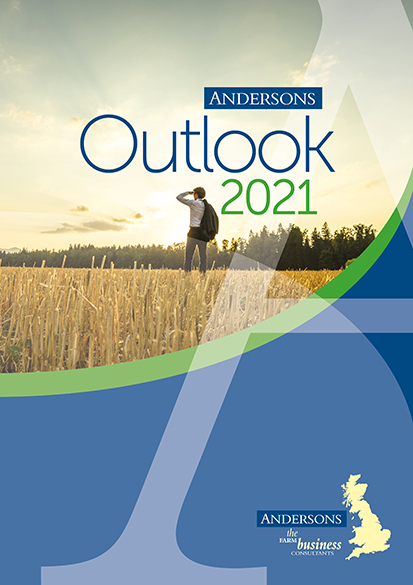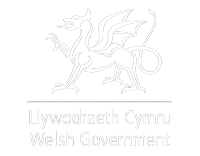ANDERSONS WEBINARS 2021
Brexit: It’s Just the Start
The farming industry breathed a collective sigh of relief when the UK and EU signed their 11th-hour trade agreement. However, those in the agricultural sector who believe that trade issues have been put-to-bed for the foreseeable future are likely to be disappointed. Now that the UK has left the EU, the industry will arguably have to keep a closer eye on trade policy, not least to ensure that the sector’s position is protected when deals are being done. This is the message from Andersons the Farm Business Consultants.
Firstly, the UK/EU ‘Trade and Cooperation Agreement’ (TCA), even at 1,246 pages, is not the final word on trade with the European Union. The next few months will see how the complex provisions of the deal in areas such as Rules of Origin, Customs and Checks impact on trade in practice. Already problems have been seen, especially regarding Northern Ireland. And this is when trade flows have been quieter than usual as a result of previous stockpiling. The TCA does not cover services (around 80% of the UK economy), including the key sector of financial services. There are also unresolved questions on data sharing, and some parts of the deal, such as fisheries, come up for review after five years. Therefore, perhaps after a brief pause, there is likely to be continuous ongoing negotiations with the EU on these issues. The danger for farming is that it might get drawn into these negotiations as ‘leverage’.
The TCA also includes Level-Playing-Field provisions to uphold existing standards in areas such as environmental standards and labour law. Any significant undercutting by one side could lead to retaliatory tariffs by the other – with farm goods likely to be a key target for any such tariffs. How the level-playing-field rules are going to work in practice is very unclear. For example, if the UK were to authorise GM crops, or at least gene-edited crops, would the EU see this as a reduction in ‘environmental standards’. The scope for arguments seems huge.
The second main area of concern is trade deals with other countries or trading blocks. The TCA was largely about protecting what was already in place – i.e. the significant trade between the UK and the EU. Therefore, the agreement largely preserves the status quo and has had little effect (so far) on markets. Any new deals the UK signs with other countries will see a change in the trading environment – and an effect on prices.
Much of the focus in this area has been on the US and the potential clash of production standards with the famous chlorinated chicken and hormone beef. A deal with the UK is unlikely to be top of Joe Biden’s to-do list in the short-term. Deals with Australia and New Zealand are perhaps more likely in the short-term and, arguably, could have a bigger impact on our farm markets – especially in the livestock sectors. Free trade agreements with these two nations are seen by the UK Government as a prelude to the UK joining the Comprehensive and Progressive Trans-Pacific Partnership (CPTPP). Further down the line, the UK is almost certain to explore deals with other agricultural ‘powerhouses’ such as Mercosur, which includes Brazil, and Argentina.
The danger for farming in all of these potential deals is that the UK Government may be willing to trade access to our agricultural markets for gains for our exporters elsewhere in areas such as aerospace, financial services, medicines etc. The UK farming industry needs to ensure it is not made a sacrificial lamb.
The final area concerns tariffs on food imports generally. For those countries we do not have a Free Trade Agreement (FTA) with, the level of tariff protection offered by the new UK Global Tariff (UKGT) is very similar to that which we enjoyed in the EU. However, the UKGT is only ‘temporary’ and could be easily changed. If the UK economy enters a post-Covid recession, might the Government be tempted to move to a ‘cheap food’ policy and lower some of these tariffs?
In summary, trade matters will continue to be important for the farming sector for years to come.
Andersons is running two Webinars on the 11th February looking at trade matters in more detail along with farm profitability and future agricultural policy. For more information, please go to https://theandersonscentre.co.uk/webinars/
Ends
| No of words |
725 |
| Author |
Richard King |
| Date |
22nd January 2021 |
This news release has been sent from The Andersons Centre, Old Bell House, 2 Nottingham Street, Melton Mowbray, Leicestershire LE13 1NW. For further information please contact Richard King on 07977 191 427.

